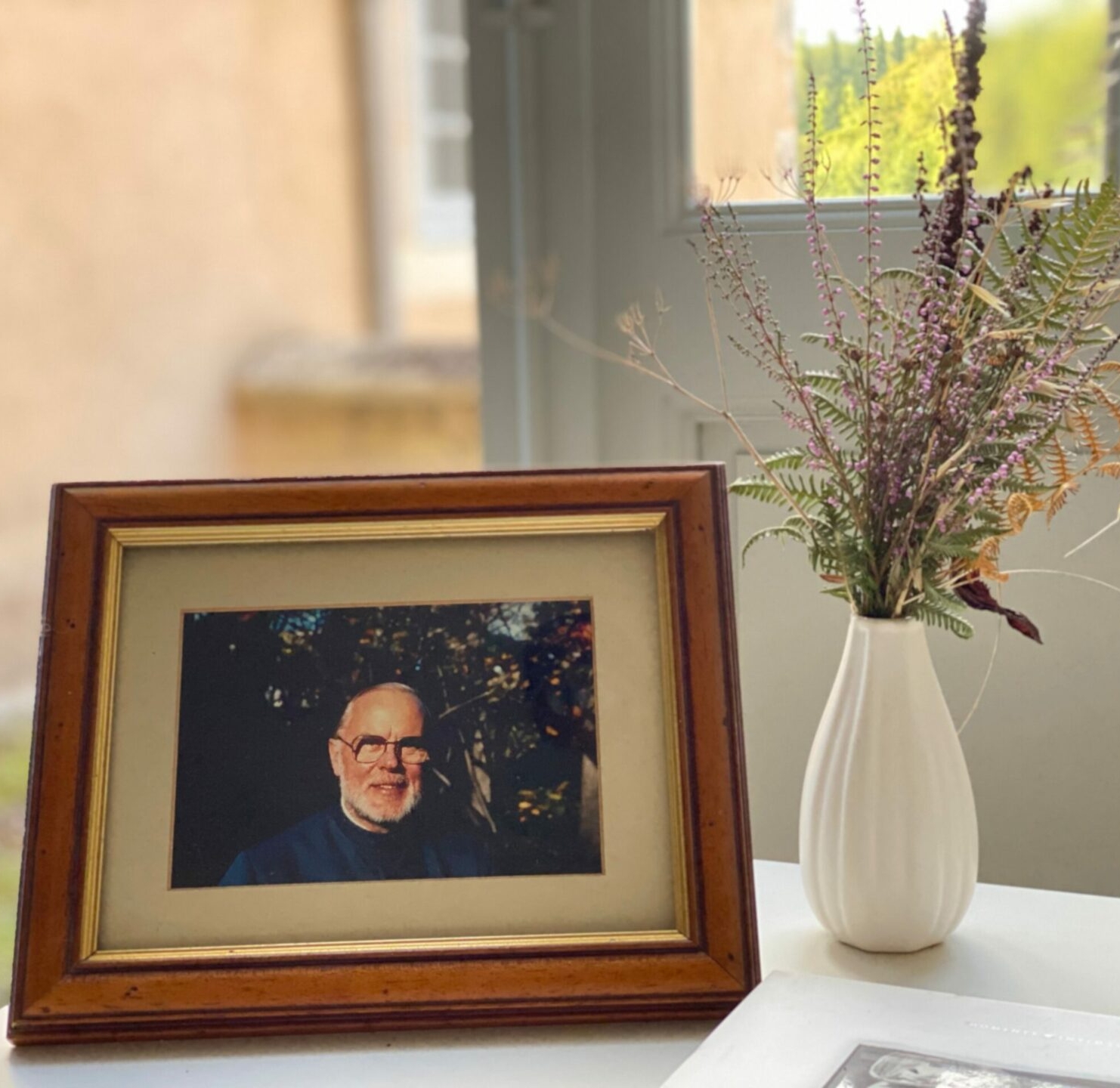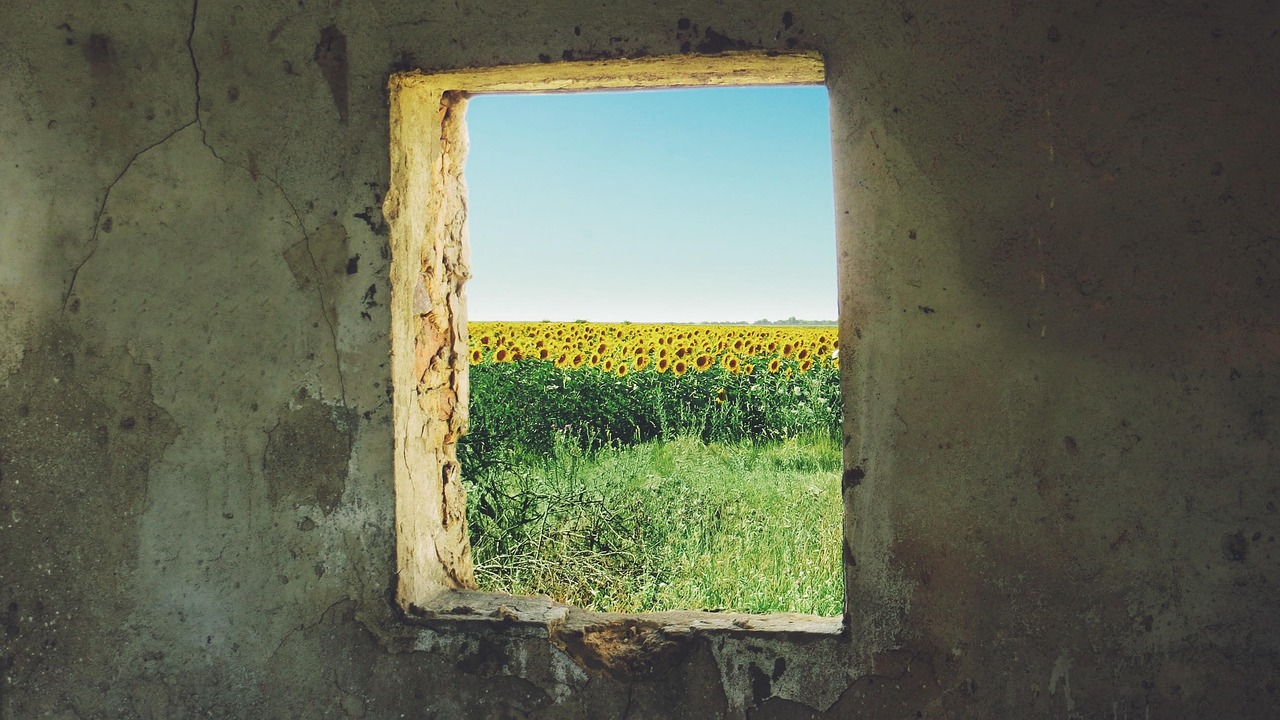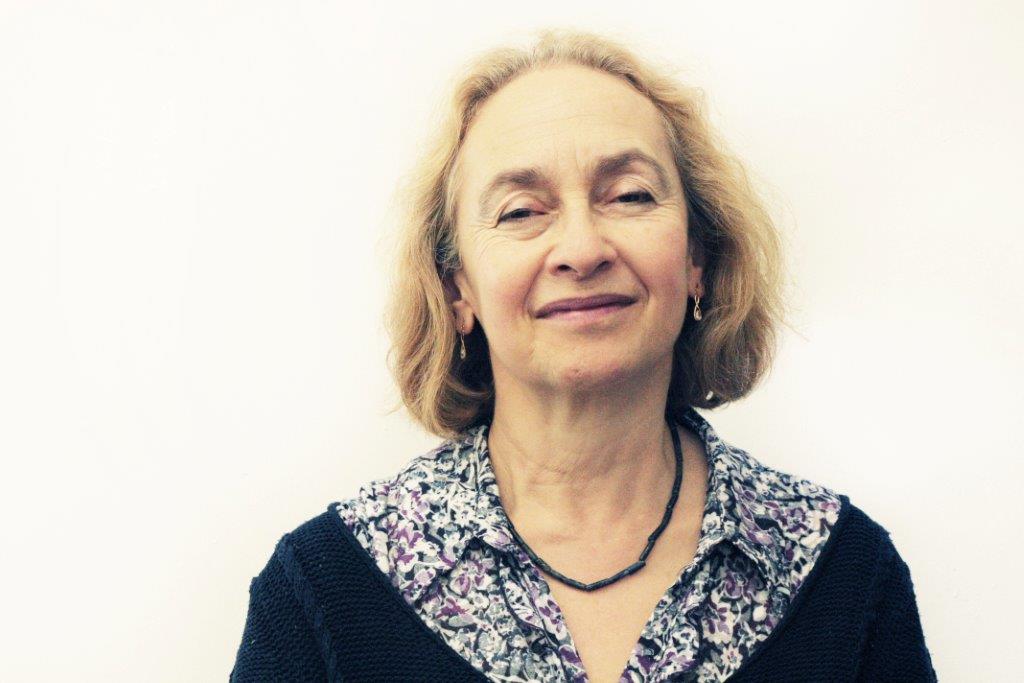Human history has reached a turning-point. This is widely acknowledged on several fronts, from culture, politics, religion and most urgently global ecology. The challenges are frighteningly complex, creating reactions of fear, denial and panic. Reflecting on and living with these issues, as the WCCM has been doing for many years, we, with other contemplative movements, have come to see that the priority response must be a change of consciousness.
A fresh, unfiltered way of seeing reality is necessary at all levels. Breaking into this perception is the essential meaning of contemplation. Contemplative vision is generated through contemplative practice – meditation – which then translates naturally into contemplative styles of living, decision-making and work across the whole spectrum of personal and social life.

Fr. John Main, founder of the WCCM
Meditation does not solve all problems but it does quickly begin to change the way we understand them. Contemplative consciousness is first learned, developed and applied through meditation but also through study, dialogue and life-practice.
In early Christian contemplative teaching the word for contemplation was ‘theoria’, meaning ‘seeing’. But as important a value was expressed in the term “praxis” meaning practice. The meeting of vision, understand and practice describes the meaning of the WCCM Academy.
The root inspiration of the Academy is in the Christian contemplative tradition. It involves personal and social transformation through teaching and then supporting the daily practice of meditation within the community that meditation itself creates.
Since its beginning, the WCCM has pursued dialogue with other faiths and with the non-religious world. It has engaged with theological and philosophical dialogue as well as joining pilgrimages to sacred sites. By teaching meditation in an inclusive way, we have engaged with secular institutions of business, education, health, and social justice. A priority for us has been to bring the clarity of contemplative vision and practice to all these areas. We particularly feel that contemplative wisdom is necessary to bridge the gaps of injustice and inequality between those holding power and wealth with people and societies on the margins and victims of neglect or abuse.
Running through all our multiple crises is the emergency of the global environment. We cannot separate this from the other social and cultural challenges we face. We need contemplative consciousness to see the obvious: that the health of the planet’s ecology depends directly upon the health of our inner ecology.
The Academy is a way to see contemplatively in all these dimensions. And then, to see and act on what we see. A fractured spiritual dimension is at the heart of this dark night in human history.
Meditation leads us to the reality deeper than thought. The Academy has been born from our forty years of teaching, which has sought to link vision to practice and improve our human capacity for creative and imaginative thinking. Its programmes, taught by contemplatively oriented teachers of high standing in their fields and its approach to learning as described below, show the integration of contemplation and action.
Meditation is the source but also an integrating element in the syllabus of the Academy’s two-year course. Participants meditate together regularly. The faculty members are meditators. Time spent at Bonnevaux in the rhythm of its life is also built into the programme. This unique combination of study and practice allows the Academy to combine a first-hand knowledge of contemplative wisdom teachings, Christian and others, as well as how to practice this wisdom in our challenging times. With good teaching and committed students, the Academy will contribute to the hope needed for a more enlightened outcome from this crisis.
The Academy is a source of contemplative hope. I invite you to read more about how it can fulfil its mission and see if you would like to be part of it. If you feel attracted to join this journey with remarkable teachers across many fields and students of different ages and backgrounds, we will be happy to hear from you.
I hope you feel that you can learn in and with the Academy how to live more fully hopefully, more fully and more contemplatively.

Laurence Freeman OSB





